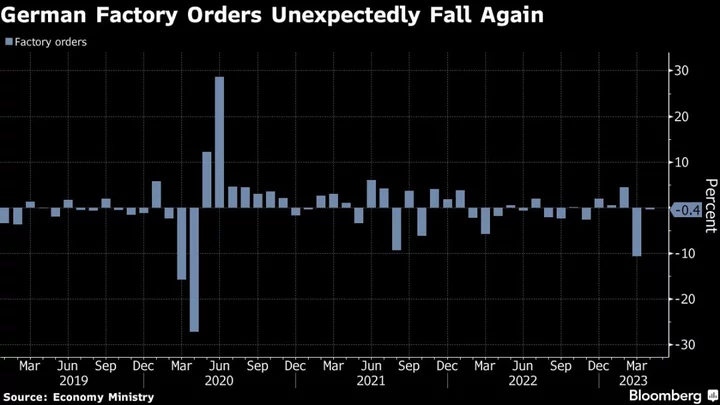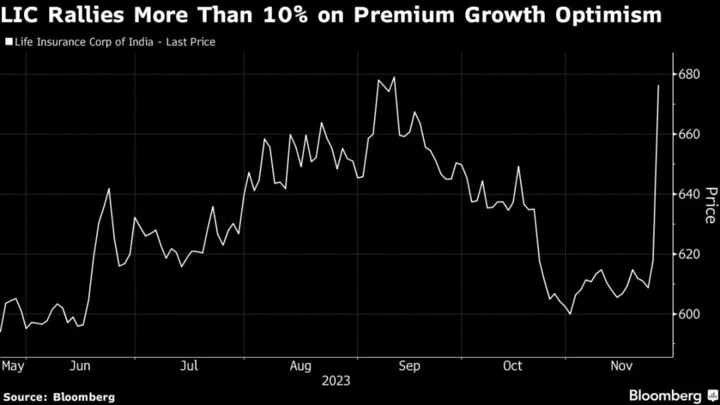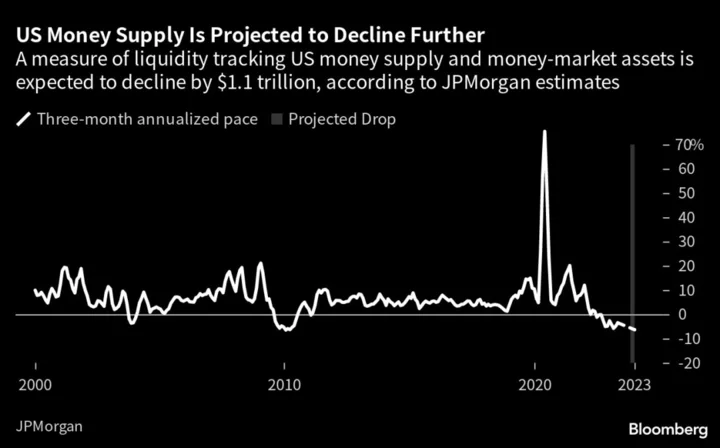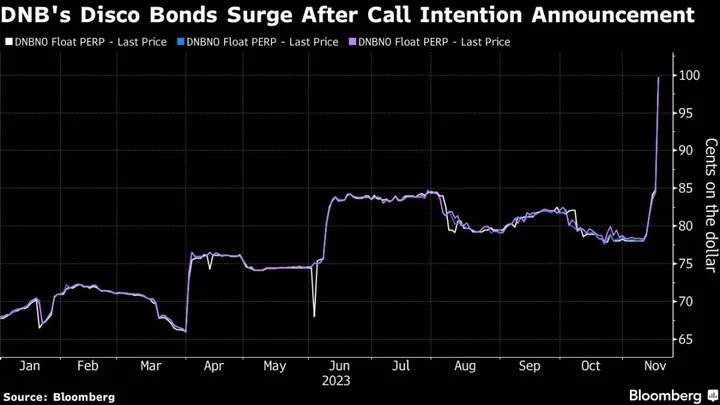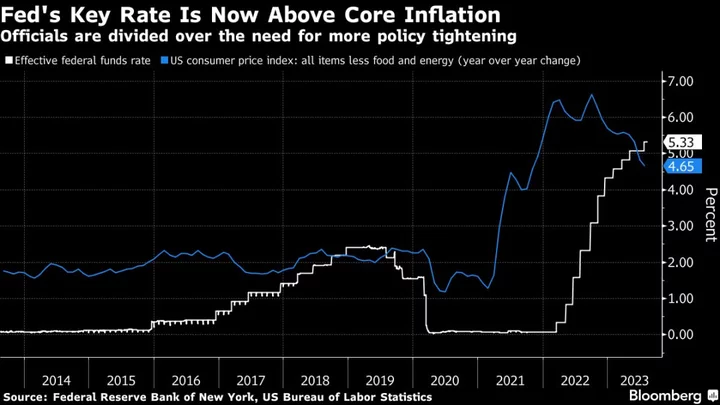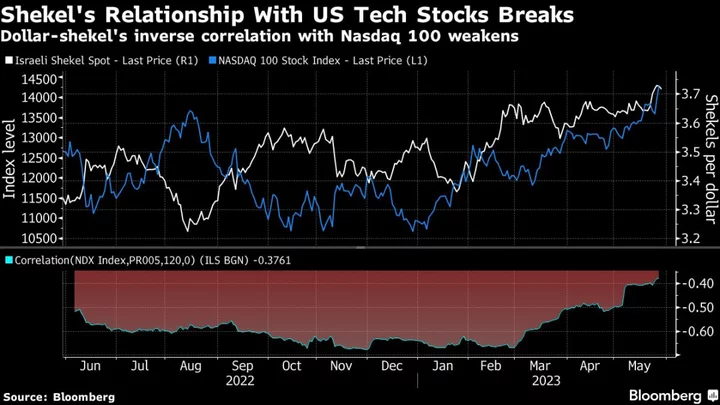German factory orders unexpectedly fell in April, further dimming prospects for Europe’s largest economy after it endured the first recession since the pandemic over the winter.
Demand decreased 0.4% from the previous month, while economists polled by Bloomberg had forecast a 2.8% increase. The decline was due to large-scale orders — excluding them results in a 1.4% jump.
Manufacturing has been a drag on Europe’s largest economy as elevated prices sap demand and consumers spend more on services following the pandemic. Gross domestic product fell in the six months through March, a setback for the country even as it avoided the bleakest scenarios invoked after Russia’s invasion of Ukraine.
Factories have been relying on a large backlog of work to sustain production as new orders fall. Surveys of purchasing managers revealed that conditions in the sector deteriorated in May as exports plunged.
Tighter monetary policy to fight inflation is contributing to the softening demand. Much of the impact of interest-rate hikes enacted since last year is still unfolding, and the European Central Bank is planning to raise borrowing costs further to get prices under control.
--With assistance from Joel Rinneby and Kristian Siedenburg.

